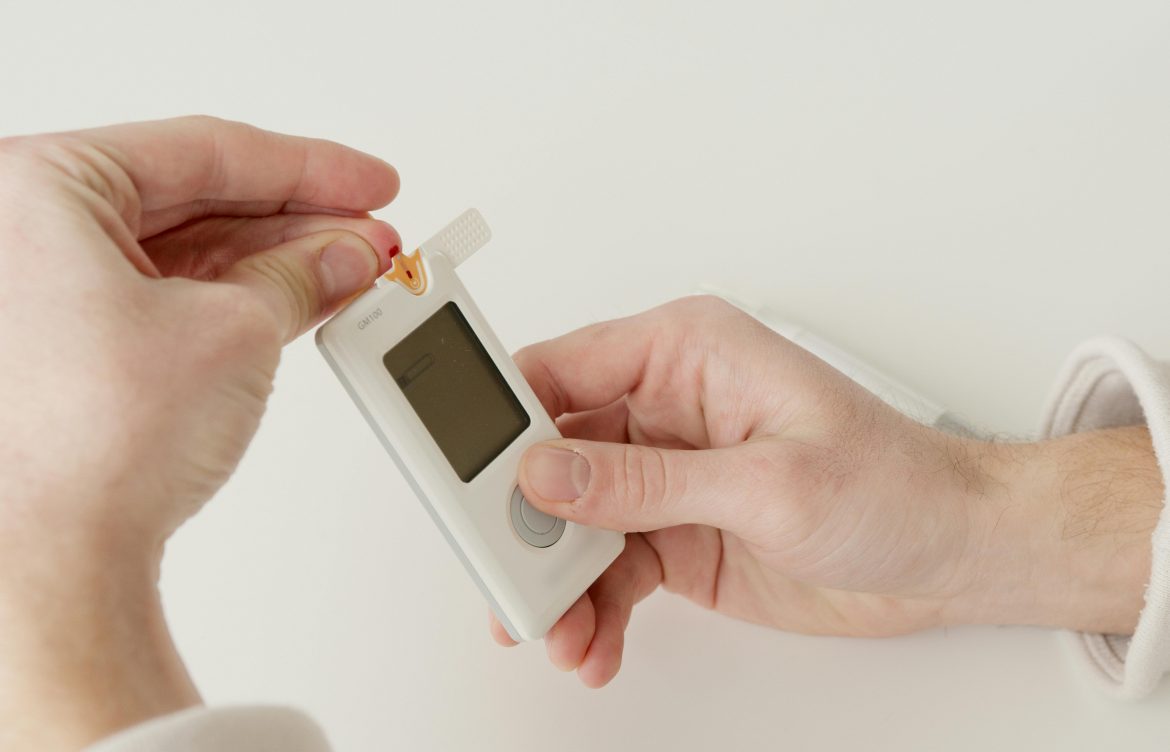
Effective Tips to Lower Blood Sugar Levels Quickly
Maintaining healthy blood sugar levels is crucial for overall well-being, especially for those managing diabetes or prediabetes. Elevated blood sugar can lead to various health complications, but the good news is that there are simple, effective strategies to bring those levels down.
Whether you’re looking to make small lifestyle adjustments or significant changes, here are some tried-and-true methods to help manage your blood sugar.
Incorporate Regular Exercise
Benefits:
- Enhances insulin sensitivity
- Helps muscles use glucose more effectively
Tips:
- Start Small: Begin with 30 minutes of moderate exercise, like brisk walking, five days a week.
- Mix It Up: Combine aerobic exercises (like swimming or cycling) with resistance training (like weightlifting or bodyweight exercises) to maximize benefits.
Monitor Your Carb Intake
Benefits:
- Prevents blood sugar spikes
- Supports weight management
Tips:
- Choose Complex Carbs: Opt for whole grains, legumes, and vegetables over refined carbs.
- Portion Control: Be mindful of serving sizes to avoid consuming excess carbs in one sitting.
Stay Hydrated
Benefits:
- Aids in flushing out excess sugar through urine
- Supports overall bodily functions
Tips:
- Drink Water: Aim for at least 8 glasses of water a day. If you’re active or in a hot climate, you might need more.
- Limit Sugary Drinks: Avoid sodas and fruit juices that can spike blood sugar levels.
Eat Balanced Meals
Benefits:
- Provides steady energy
- Reduces the risk of sugar spikes
Tips:
- Include Protein and Fiber: Add lean proteins (like chicken, fish, or tofu) and fiber-rich foods (like vegetables, fruits, and whole grains) to your meals.
- Healthy Fats: Incorporate healthy fats from sources like avocados, nuts, and olive oil to keep you full and satisfied.
Manage Stress Levels
Benefits:
- Reduces the release of stress hormones that can raise blood sugar
Tips:
- Practice Relaxation Techniques: Try deep breathing exercises, meditation, or yoga.
- Get Enough Sleep: Aim for 7-9 hours of quality sleep per night to support overall health and stress management.
Monitor Your Blood Sugar Levels
Benefits:
- Helps track how different foods and activities affect your blood sugar
- Allows for timely adjustments to your management plan
Tips:
- Use a Glucose Meter: Regularly check your blood sugar levels, especially after meals or physical activity.
- Keep a Journal: Record your readings, along with details about your diet, exercise, and how you’re feeling, to identify patterns and triggers.
Consult with Healthcare Providers
Benefits:
- Receive personalized advice and treatment
- Stay informed about the latest management strategies
Tips:
- Regular Check-ups: Schedule regular visits with your healthcare provider to monitor your blood sugar and overall health.
- Dietitian Support: Consider working with a registered dietitian to create a meal plan tailored to your needs and preferences.
Final Thoughts…
Managing blood sugar levels doesn’t have to be daunting. By incorporating these simple yet effective strategies into your daily routine, you can take control of your health and reduce the risk of complications. Remember, consistency is key. Small, sustainable changes often lead to the best results. Stay active, eat balanced meals, manage stress, and always keep an eye on your blood sugar levels. Here’s to a healthier you!